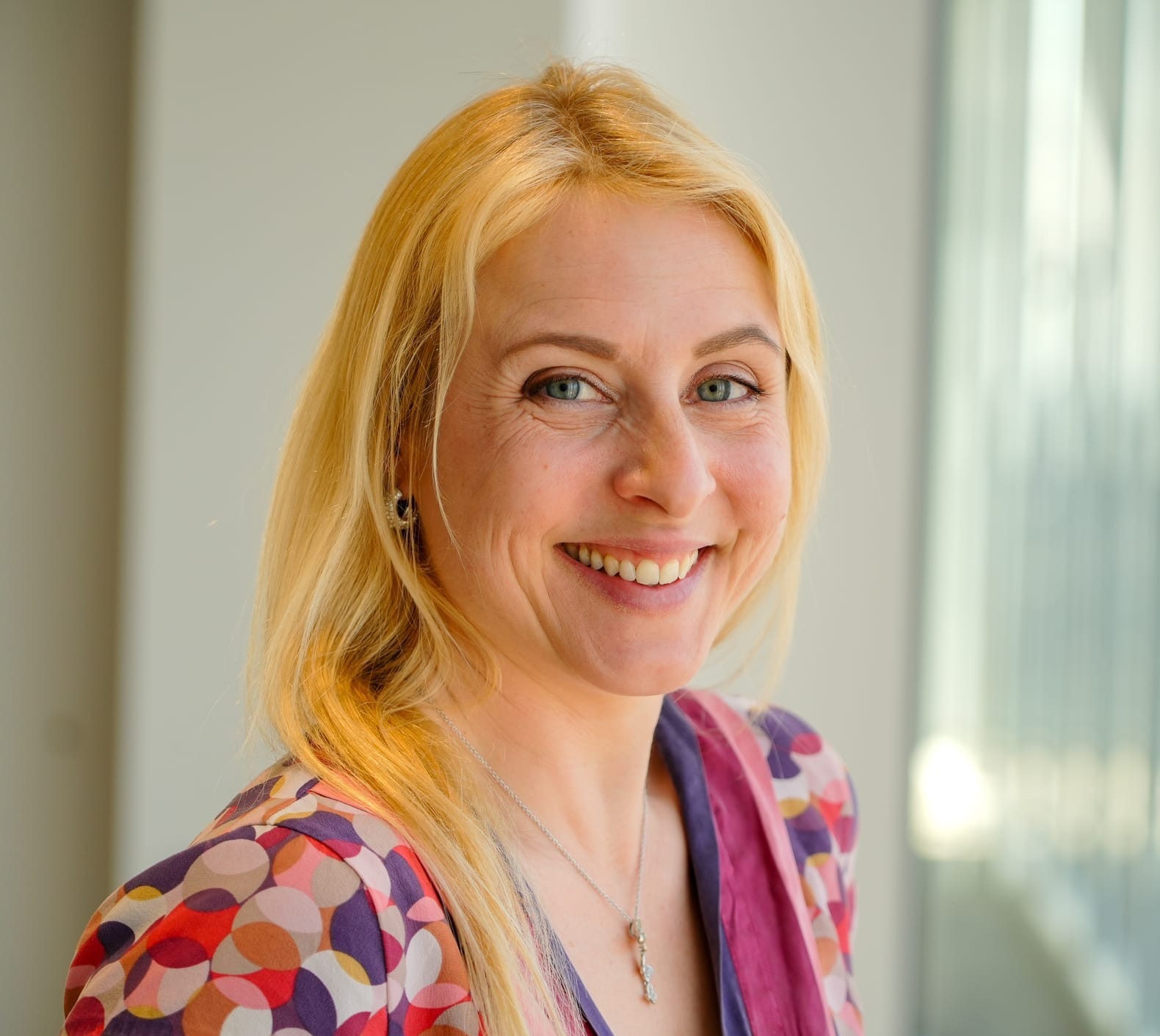How Ruben Reuter challenges disability prejudice in the media industry
The young Channel 4 News journalist with Down's syndrome is winning over viewers with his engaging style, impactful stories and candid reporting



The young Channel 4 News journalist with Down's syndrome is winning over viewers with his engaging style, impactful stories and candid reporting


This article was migrated from an old version of our website in 2025. As a result, it might have some low-quality images or non-functioning links - if there's any issues you'd like to see fixed, get in touch with us at info@journalism.co.uk.
Ruben Reuter is a 23-year-old correspondent for Channel 4 News with Down's syndrome, best known for his coverage of challenges faced by people with disabilities.
He joined the TV channel in Spring 2021, reporting on how people with disabilities coped during lockdown by working outside.
"On my first report, I didn't really know what to expect," he says. "I didn't know who I would be speaking to, or the location. So I got dressed in my smartest clothes, best shoes and I ended up on a muddy farm feeding goats."
Being able to use what you know is a great way to break into the industry, says Louise Turner, who runs Channel 4’s film fund and works with Reuter. His stories diversified over the years - he has covered topics from sports to climate, not shying away from difficult subjects like abortion laws or general elections.
"It's easy to report on disability as 'other' when you are an able-bodied reporter," adds Turner. "But Ruben makes it accessible because of his warmth and how he relates to people."
Disability stories are often considered niche but the rising popularity of Reuter's reporting shows that the demand is there, especially online. According to Turner, viewers' reactions are overwhelmingly positive, and many go to great lengths to let Channel 4 know that they appreciate his work and want to see more of it - even calling the viewer line used mostly for complaints.
His work also makes a difference amongst his newfound audience. Reuter recently completed a story about the planned closure of rail ticket offices, speaking to disabled people about the impact this would have on their lives. This spread awareness so more people filled in the consultation form, forcing the government to scrap the proposal.
This year, he will be involved in the UK's election coverage, challenging candidates to give him simple and candid answers about their campaign pledges.
"Disabled journalists have a lot to give and we just need the right opportunities and support," Reuter explains. "We can be very valuable to editors because we can offer different points of view."
Turner agrees, praising Reuter for raising the mood of those around him: "He's new to the industry and comes with enthusiasm that many people lose after some time. It rubs off."
When it comes to required support, small acts make a big difference. Reuter suggests that could be having a quiet place to go when feeling overwhelmed or making documents easier to read.
Everybody has strengths and weaknesses, disability or not. Producers also carefully consider, with Reuter, which stories he can excel with. He shines in documentaries, for instance, because there are fewer time-sensitive deadlines.
Reuter adds that he finds it difficult to be in a crowded or noisy place which causes him sensory overload, making it difficult to focus on his questions.
Making such equitable adjustments makes disabled professionals feel valued and respected. General busyness and a lack of resources is not a good enough excuse for newsrooms to not put in the effort, says Turner.
"When you find talent, that bit of extra work is worth it," she concludes.